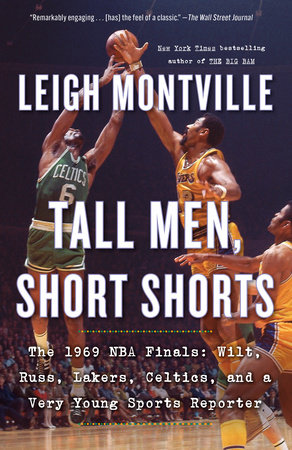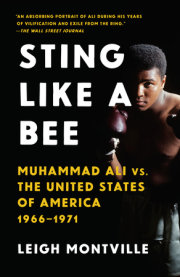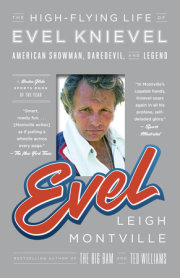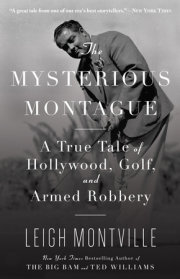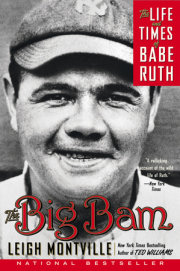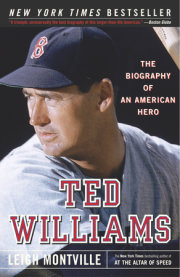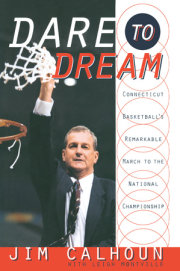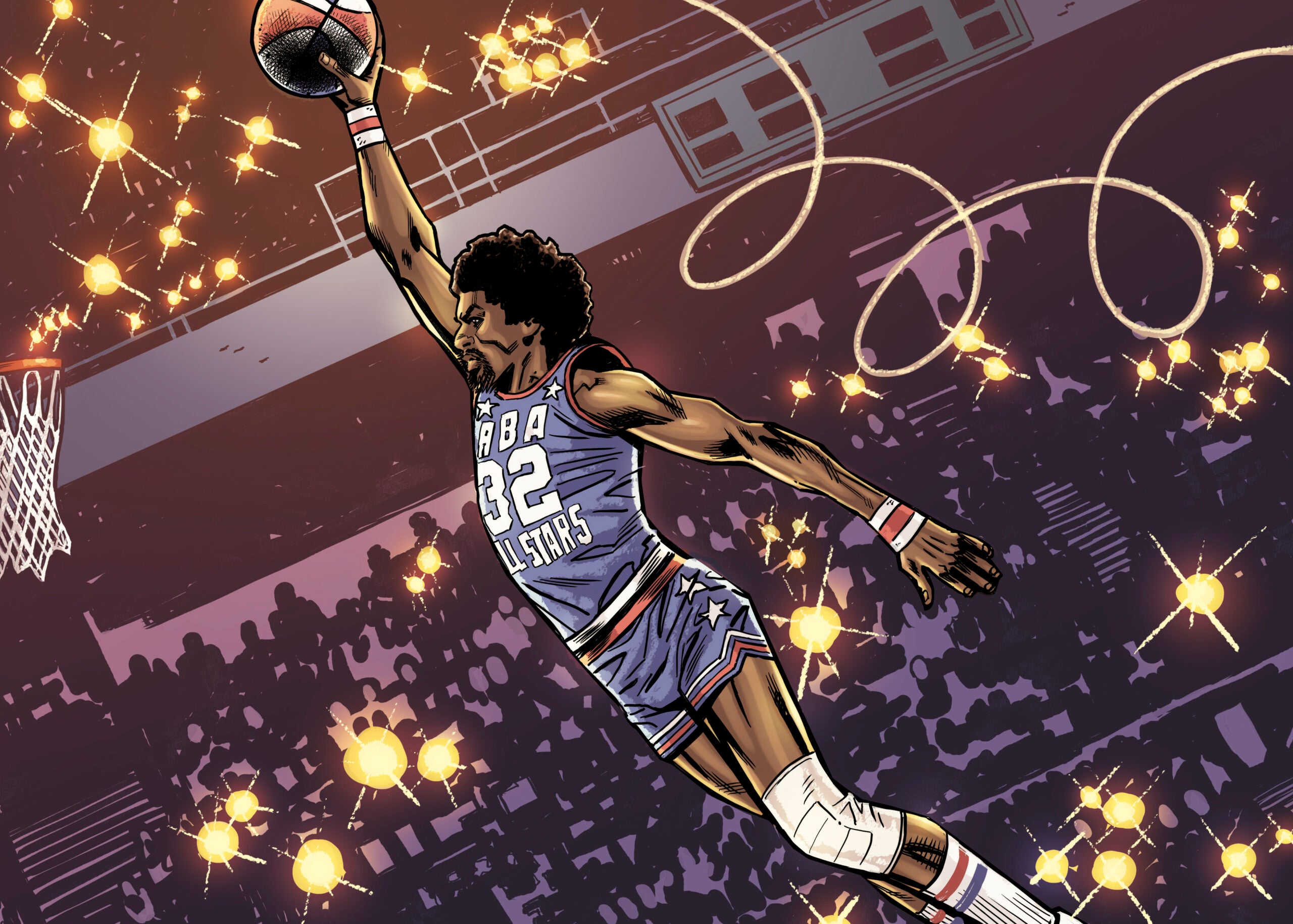Chapter 1
Flying
The bright young man is dressed pretty much the way I am dressed today, right now, as I type these words on my MacBook Pro. Jeans. Polo shirt. Sneakers. Maybe a sports coat for the trip. Maybe not. More likely that yellow zipper jacket, one of those Baracuta jackets with the Scotch plaid lining, in case the day is cool when he gets off the plane. They were popular back then, the Baracuta jackets. Kids in Charlestown and South Boston wore them inside out to show the lining and the label. Irish kids. Tribal. Local. The bright young man wears his the regular way since he is much older than those kids, twenty-five, not from South Boston or Charlestown, married and all, but the collar is up. That is the way everybody wore it. I still wear the collar up on my zipper jackets today.
Because. Just because.
The bright young man’s red hair is longer and fuller and brighter than mine. That is for sure. He has a pair of modified muttonchops for sideburns. Hasn’t added the mustache yet. That will come on his thirtieth birthday. (“You should have grown that years ago,” someone will say. “Yes, I should,” he will reply. Never will shave it off.) He is smoking. There is no doubt about that. He always was smoking back then. Lucky Strikes. Unfiltered. No bullshit. Same brand as Mom and Dad. The Luckies put Dad in the ground two years earlier, emphysema, but Dad was old when he died. Sixty-seven. No need to worry. Twenty-five is a long way from sixty-seven.
The day is a wonder.
California awaits.
April 21, 1969.
The bright young man smokes all the way across the United States. Boston to L.A. The little ashtray in the armrest is filled by the time the plane passes over Cleveland. He grinds the butts into the pile, one after another, compressed proof of his addiction. He hopes he doesn’t start a fire. Something seems to be sort of smoldering right now, so he clicks the little silver cover back in place. Could he, should he ask the stewardess to empty the nascent conflagration somewhere over Iowa or Kansas or wherever they are? Doesn’t know. Doesn’t ask. Keeps grinding. The smoldering seems to stop.
The stewardesses—and that is their 1969 job description, their title—are young. Pretty. The same age as him. They have a movie star quality with their long hair and high heels and tight skirts and their beauty. He has an aisle seat and watches the young women take cans and miniature bottles of liquor from the beverage cart. Yes.
Time will dilute this experience. I have been watching these same women reach for those cans and miniature bottles for the last fifty years. We have grown old and wide together. The stewardesses of then have married and had children and their children have had children. Somehow the women have never left the airline. There is no romance, no mystery. They are doing the same job, same as forever, and can’t wait to get home and soak their feet.
Except this is fifty years ago.
And they are babes.
All of them.
A portable typewriter in a carrying case is underneath the seat in front of the bright young man. Sometimes he puts his feet on it. The case is baby blue with a two-inch black leather stripe down the middle. The typewriter inside is an Olivetti Lettera 32, a brand and model that have become the favorites of serious journalists around the world. This is the Louisville Slugger of his profession. Red Smith uses a Lettera 32. Jim Murray. Frank Deford. No doubt Hemingway, Dashiell Hammett, and Shakespeare would have used one, too, if they could have. The bright young man is very proud of his Olivetti Lettera 32.
He is a journalist of sorts, a writer, at least in his own mind, a sportswriter for the
Boston Globe, off to cover the first two games of the best-of-seven National Basketball Association finals between the Boston Celtics and the Los Angeles Lakers. He is not afraid to share this fact with whoever might have the fortune to sit next to a sportswriter for the
Boston Globe who is off to cover the first two games of the series between the Celtics and the Lakers. (God bless that person.)
The assignment is the biggest the bright young man has had in fifteen months at the newspaper, the biggest of his short career. He is scheduled to cover the whole shebang, a possible two full weeks of athletic bloodletting. Games will be played every other day. Time zones will be flipped and flipped and flipped again. Circadian rhythms will be dismantled and left in late-night coffee shops and airport lounges.
April 23—Boston at Los Angeles
April 25—Boston at Los Angeles
April 27—Los Angeles at Boston
April 29—Los Angeles at Boston
May 1—Boston at Los Angeles (if necessary)
May 3—Los Angeles at Boston (if necessary)
May 5—Boston at Los Angeles (if necessary)
There is the promise of melodrama, suspense, transcontinental electricity inside this schedule. The bright young man can feel it. He has been traveling with the Celtics since the start of these playoffs, has chronicled the team’s successes in Philadelphia and New York to reach the finals. He has latched onto a show that has become much better than it was predicted to be.
The Celtics were supposed to be dead by now. They had finished an embarrassed fourth in the Eastern Division of the NBA with a 48-34 record, nine games behind the first-place Baltimore Bullets, six games behind the third-place New York Knicks. No matter that they were defending champions, had won nine NBA titles in the past ten years, had dominated their sport for an entire decade, the Celtics were supposed to be finished. Done.
The universal judgment was that they were too old. Every year another piece had fallen off the juggernaut, another part that had made the basketball machine function. Bob Cousy and Bill Sharman, Frank Ramsey and K. C. Jones, Tom Heinsohn and celebrated coach Red Auerbach, all future members of the Basketball Hall of Fame, had peeled away, one after another. A host of supporting players like Wayne Embry and Jim Loscutoff, Gene Conley and Willie Naulls, also had departed.
Sam Jones, master of the jump shot, thirty-five years old, would be the next to depart at the end of the playoffs. A Sam Jones Day already had been held at the end of the regular season at Boston Garden, complete with a proclamation from the City Council, a cake, a dinner, a standing ovation from 13,555 fans, and a gift of the shell of a prefab home that would be built in Silver Spring, Maryland, at his new address. All that was left was for the playoffs to end before he could move.
Bill Russell, the six-foot-ten foundation of all of the success, same age as Jones, also was thinking about retirement. He was in his third year as a player/coach, Auerbach’s replacement. He was in his thirteenth year in a green uniform. As a young coach at thirty-five, he knew the limits of an old player at thirty-five. His body gave him reminders every day. He couldn’t run as fast, couldn’t jump as high. His arthritic knees ached. He had his moments, but, man, he had to spread them out. He had to survive on bursts of energy, rather than the constant flow of high-grade performance that had made him the winningest player in the history of American professional sports.
Bursts were how he had led the team to a tenth championship in 1968, a year ago, lifting the Celtics from a 3-1 hole against the Philadelphia 76ers in the Eastern Division championship, then to a six-game triumph over the Lakers in the finals. Could he do it again? There were positive signs in the first two playoff series this year, both mild upsets, but not enough to change the minds of the actuarial thinkers in Las Vegas.
The Lakers are a 9–5 favorite, which pretty much translates to 2–1, large odds for a championship series. This is not a new evaluation. Despite their loss in the finals last year, despite their loss in all six finals they have played against the Celtics in their history, the residents of the Fabulous Forum, 3900 W. Manchester Rd., Inglewood, CA 90305, have been the favorites to win this title since July 9, 1968, three months before the season even started. That was when their owner, Jack Kent Cooke, laid out an astounding $260,000 for the first year of a five-year contract to secure the services of seven-foot-one Wilton Norman Chamberlain. Ranked everywhere except, perhaps, Boston Massachusetts, as the biggest, bestest, most stupendous basketball player in the history of the world, Chamberlain was added to a lineup that included certified superstars Jerry West and Elgin Baylor.
No team like this ever had been assembled in the NBA. It was as if the roster had been cut from the pages of comic books, Superman pasted together with Batman and, oh, the Incredible Hulk or any one of the Avengers in an effort to rid Metropolis of the dark forces that had ruled for so long. The move was unprecedented. There was no such thing as free agency in the NBA or any American professional sport in 1969. Players like Chamberlain simply weren’t available on the open market. They were chained to their employer, indentured, locked into servitude at their latest stop until their owners chose to send them elsewhere.
And yet, here he was.
The word “destiny” seemed appropriate on a bunch of levels for the Lakers and for Wilt. This was the final test before it could be fulfilled.
Stories bounce through the young man’s head. Angles. They are there when he wakes up in the morning, there when he goes to sleep. He makes a mental list, changes it, adds or deletes. He conducts imaginary interviews that he hopes will happen. He will be ready for anything. He will make the readers see what he sees, hear what he hears, feel what he feels. The matchups sing to him.
Celtics vs. Lakers
Perpetual Winners vs. Perpetual Losers
Bill Russell vs. Wilt Chamberlain
Fate vs. Jerry West
Sam Jones vs. Age
Age vs. Elgin Baylor
John Havlicek vs. The Four-Minute Mile
Red Auerbach’s Basketball Knowledge vs. Jack Kent Cooke’s Ownership Money
The Athens of America vs. Hollywood
Defense vs. Offense
Running vs. Walking
Teamwork vs. Celebrity
Good vs. Evil (Parochial View)
The Boston Garden vs. The Fabulous Forum
Truth, Justice, and the American Way vs. High Gloss and Big Money
Boston vs. Los Angeles
Yes!
Yes, indeed.
This is an important trip for the bright young man. Excuse, if you can, his self-absorption. Ambition pumps through his body in a daily systolic beat, always there, threatening to explode from his body in inopportune moments. He is young enough to believe that anything can happen. This is a chance to make people notice.
A simple game story will not be sufficient—“The Boston Celtics defeated the Los Angeles Lakers, 110–109, as John Havlicek scored 42 points and Bill Russell pulled down 28 rebounds, blah, blah, blah . . .” The stories of today must do more. They must be different, provocative, but also must read like a page or two from a novel, tell the background of what took place, describe the characters involved, their thoughts and emotions, their answers to the toughest questions. Details. Details. Details. There never can be too many details.
The term that is peddled on the most literate streets in 1969 is “New Journalism.” Tom Wolfe and Truman Capote and Gay Talese are prominent New Journalists in the real world. They not only report the news, they report the colors, the sounds, the brands of cigarettes and automobiles, the contents of the subject’s imagination.
The Kandy-Kolored Tangerine-Flake Streamline Baby (Wolfe),
In Cold Blood (Capote), “Frank Sinatra Has a Cold” (Talese). This is revolutionary stuff. Musical. Funky. The dull informative clatter of the Associated Press, say, or the New York Times has been replaced by stories that read like good fiction, stories that talk about thoughts and motivations, reasons, and memories of home and Mama.
The sportswriting business has a different name for the would-be practitioners of this approach to writing. They are called “chipmunks.” Young, mostly under thirty-five, they are irritants to the older generation. Too noisy. Too demanding. Too . . . everything. Jimmy Cannon, the longtime standout columnist in New York, age fifty-eight, grew impatient with these new people and their incessant questions. He said, “They sound like a bunch of chipmunks.” The name stuck. A famous moment came when Ralph Terry, a pitcher for the New York Yankees, won a game in the World Series and said afterward that his wife was home feeding their new baby. “Bottle or breast?” a sportswriter asked. That was a chipmunk question.
The bright young man considers himself part of the revolution. He works for the evening edition of the
Globe, so he has later deadlines—pretty much no deadlines at all—and will be able to stay later in the locker rooms, ask his questions, then take time to write his story. Bottle or breast? He will have that story behind the story. He will write it for what he is worth. Breast would be more exciting.
When he first moved to Boston, fifteen months ago, before he was married, he lived in a rooming house on Marlborough Street. Dead asleep one night he was awakened by an alarm and noises in the hall. An orange glow was outside his only window. The Unitarian church on the corner, First Church of Boston, was on fire. The glow was a reflection on a wall of another building.
Half-asleep and panicked, he put on some clothes and grabbed the Lettera 32 in the baby-blue carrying case with the two-inch black stripe down the middle. He went outside and stood on the street. He watched the fire with residents who had grabbed cats and dogs and family photos, antiques, and other treasures. He had grabbed his typewriter.
Somewhere in the flight, the beverage cart is replaced by baskets filled with headphones wrapped in plastic. The glamorous stewardesses walk through the plane with the baskets. A movie will be shown. (Is there a charge? Can’t remember.) The fine young man accepts the offer, plugs the power end of the headphones into the armrest, careful to stay away from any possible inferno in the ashtray, inserts the appropriate plugs into his appropriate ears. Small television screens drop from the ceiling in a choreographed entrance, all of them at once. There is a screen at every fourth or fifth row, the entire length of the plane. The movie is Bullitt, starring Steve McQueen.
Copyright © 2021 by Leigh Montville. All rights reserved. No part of this excerpt may be reproduced or reprinted without permission in writing from the publisher.





